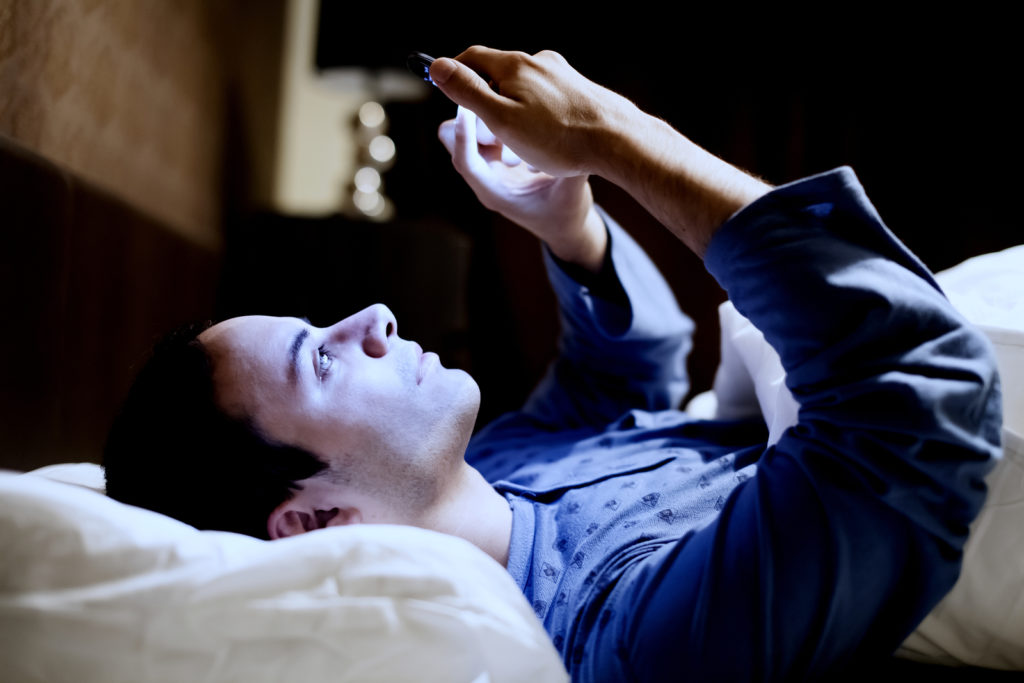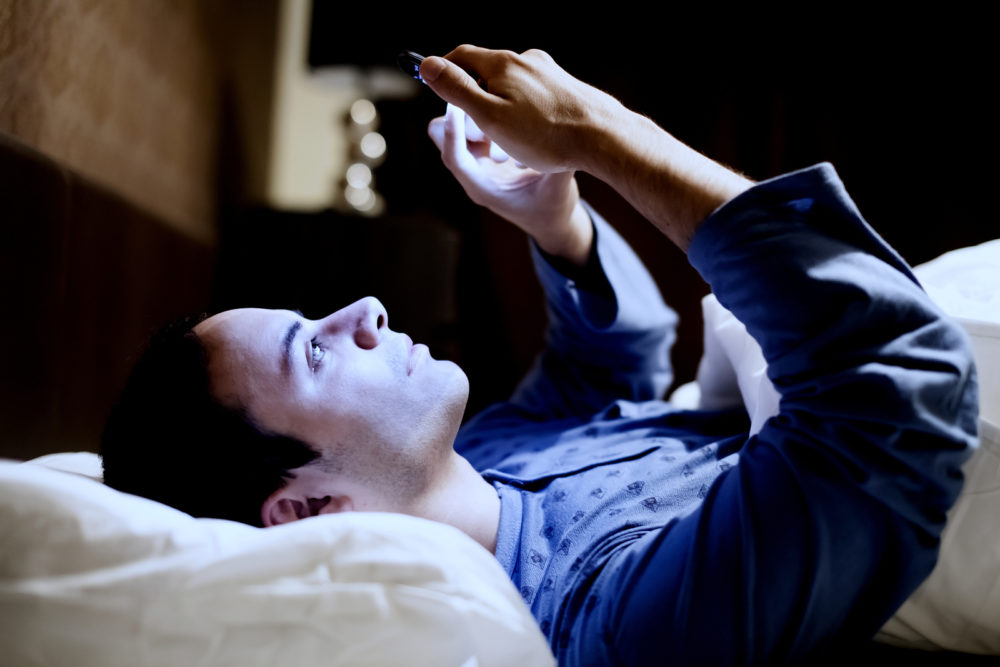
Use of social networking sites and the prevalence of anxiety and depression is on the rise worldwide.
But, is there a connection between social media and mental health concerns? Dr Shazia Bhatti, General Practitioner at the private GP clinic London Doctors Clinic is here to break down the facts.
How can social media impact mental health?
With smartphones in the pockets of almost every person in the UK, our lives are now full of; posts, followers, subscribers, likes/dislikes and comments.
We live in an age where communicating has evolved to far more than just the spoken word. Social media has changed how we talk and share information with one another – ultimately impacting how we live our lives.
The positive side of social media
In many cases, this is a blessing. Social networks are breaking boundaries, allowing us to communicate and get information from different countries and communities instantly! We have immediate access to breaking news and the story can go viral within minutes. As the name suggests, social media can be used to socialise. We can keep up to date with both old and new friends, helping us remain in contact with people we may have otherwise lost touch with. We are able to explore the world via the internet, learn new skills and for some people it has even become a full-time career! Aside from this, social media can also provide people with a sense of place, helping people find different communities of like-minded individuals with similar lives or backgrounds. Here people can learn about their health and mental health and seek advice from those who have gone through similar situations via support groups. This can help people to find suitable support, even if they do not feel comfortable expressing their worries or concerns to friends or relatives.
The negative side of social media
On the other hand, though, research has also found that social media could be detrimental for mental health. Much of the evidence which suggests that social media could be harmful to mental wellbeing is related to cyber-bullying. This could include online ‘trolling’, name-calling, creating a fake profile to intentionally damage another’s reputation or continuously harassing and threats of physical harm. One of the most common forms of online bullying is posting negative comments on someone’s profile, which can be about any aspect of their life, such as social status, appearance, family or job. What makes this type of bullying so harmful is that the bullies can be anonymous, meaning they rarely receive negative repercussions, but the posts can be seen by the whole world.
For someone experiencing cyberbullying, it can lead to a whole host of negative implications for their health, in particular, their mental health. They may be left feeling alone, rejected, ashamed, humiliated and afraid which can result in stress and anger. In their personal and professional life, this might be shown through an increase in days off work, increase in mental health issues, reduced self-esteem, suicidal ideation, and poor physical health which may lead to tobacco, alcohol drug and other substance abuse.
How are social media ‘ideals’ having an impact?

In most cases, social media is a highlights reel for many people’s lives, with posts that are shared often being manipulated in order to look perfect and ‘bad’ days rarely (if ever) shared. While these photoshopped images of people with perfect bodies may be aesthetically pleasing, they can be harmful and promote negative messages. This is because they can affect our body confidence and how we perceive our appearance.
Recent studies have found that there is a link between viewing images of perfect bodies online, on Instagram, Facebook pages and developing personal body dissatisfaction.
The craze of displaying altered manipulated photographic images via Photoshop and Lightroom program creating a false, unachievable and unrealistic digitally edited body image. This can, intentionally or not, send the message that people should not feel good about their looks unless it matches the images that social media culture promotes. This then lends itself to the rise in trolling, bullying, and body shaming those who do not fit in with that unrealistic image.
The pressure from social media to have an unrealistic, ideal and perfect body is may lead to the increase in eating disorders, poor self-esteem, relationship issues, negative self-image, anxiety, depression, Body Dysmorphic disorder, self-harm and suicidal ideation.
It is very important to encourage people to develop Digital Resilience to be able to understand that these perfect body images are often digitally enhanced and only showcasing someone’s best side. It is important to also learn how to be kind to yourself, to find things you like about yourself to create a more positive perception of yourself.
What should you do if you or someone you know is struggling with their mental health?
The negative effects of social media have often been associated with various mental health ailments, such as; anxiety, loneliness, fear of missing out (FOMO), low self-esteem, poor self-image, depression and suicidal ideation.
It is very important to recognise the early signs of social media fatigue or mental health issues and seek help if you are concerned.
Some of the signs that you should look out for include:
- Feeling isolated
- Being bullied and harassed
- Receiving threats or abuse
- Security attacks such as hacking, identity theft and viruses
- If you feel targeted by hate groups
- Constant low mood and feelings of depression
- Feelings of anxiety when looking at social media comments
- Difficulty in sleeping due to the constant need to check social media
If you have experienced any of the above you should speak to someone that you trust, such as a family member, friends, a helpline or join a support group and ask for help. This will help to give a deeper understanding of how social media can affect your mental wellbeing and health and give advice on how to overcome it.
Fortunately, awareness is now being bought to these issues and it is very encouraging to see brave people, celebrities, parents and family members who had dealt with negative effects of social media sharing their stories. This raises awareness, helps to form support groups and gives hope and guidance to others who may be experiencing these issues.
The positive effect of Social media is that support groups and campaigns are helping the users to ignore and report the abusive messages they receive from online trolls as part of a new campaign to stop the spread of hateful content.
The campaign group ‘Get Safe Online’ and the new charity ‘The Centre for Countering Digital Hate (CCDH)’ has published advice on how to best to deal with abuse. Social media users are encouraged to resist the urge to respond back and instead block the troll’s account immediately. It is also encouraged that messages received if they could be seen as containing criminal content, such serious trolling should also be reported to the police.
Dr Shazia Bhatti, General Practitioner at the private GP clinic, London Doctors Clinic



